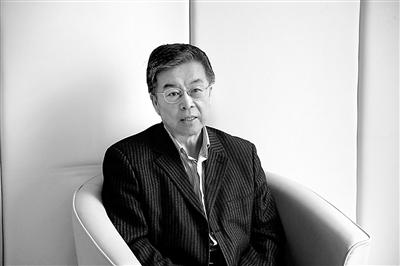In 1999, the Chinese Communist Party began a campaign to root out Falun Gong, a popular spiritual practice. The ongoing repression is especially severe in Northeast China, where local Party officials have been noted for their enthusiastic participation in the campaign.
Lan Jun of the northeastern city of Songyuan is a typical example. Before being ousted last May for corruption, Lan enjoyed a comfortable and profitable 11-year career in Songyuan and the surrounding province of Jilin.
Apparently to serve as a lesson to others, the details and chronology of Lan Jun’s were published on Jan. 21 by the news service of the Communist Party’s anti-corruption agency. His journey of corruption was likened to an infectious disease “in the skin” that “spread to the bone marrow.”
But as is the case with other such officials, Lan’s personal involvement in the jailing and torture of Falun Gong adherents was ignored in the Party’s reportage.





